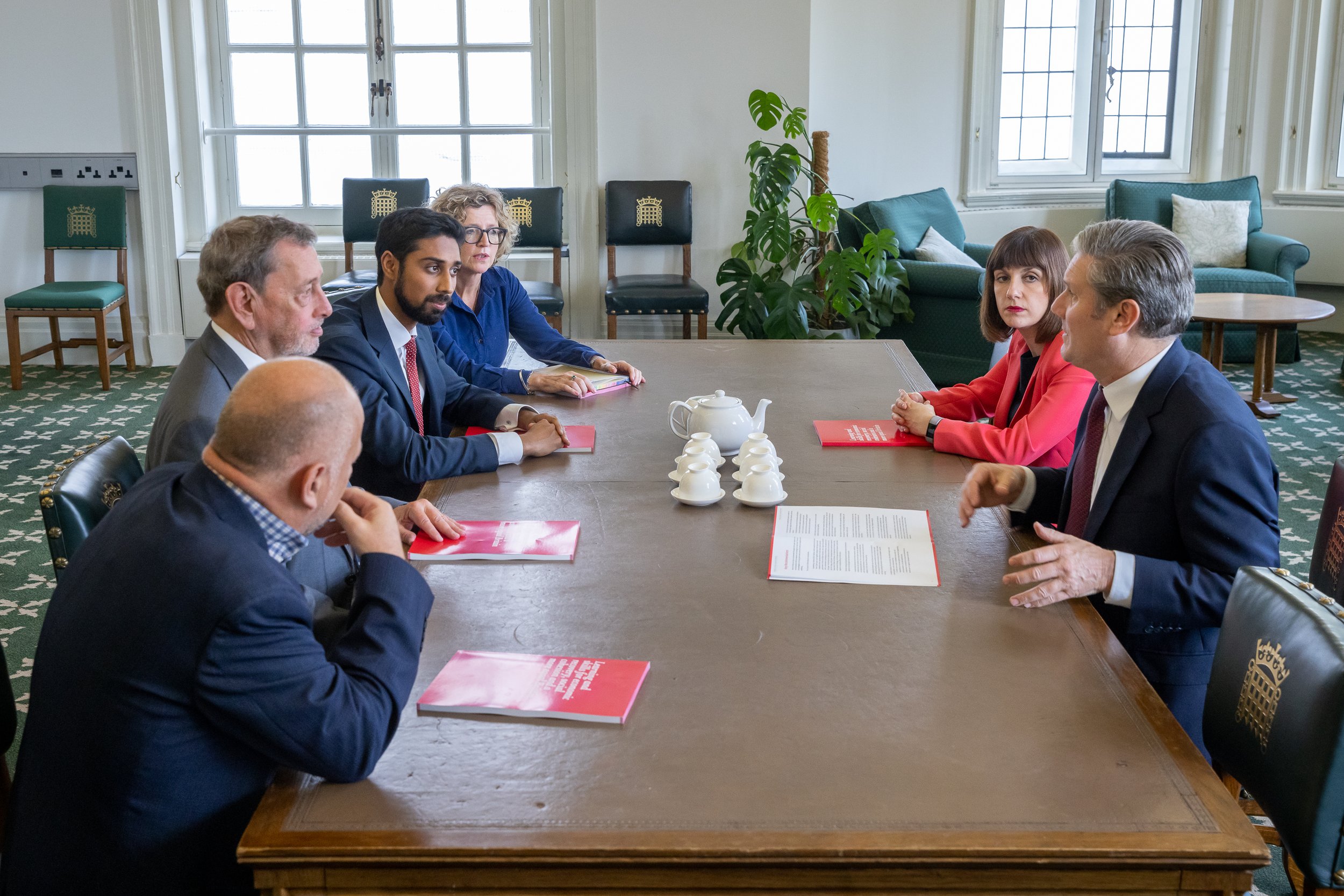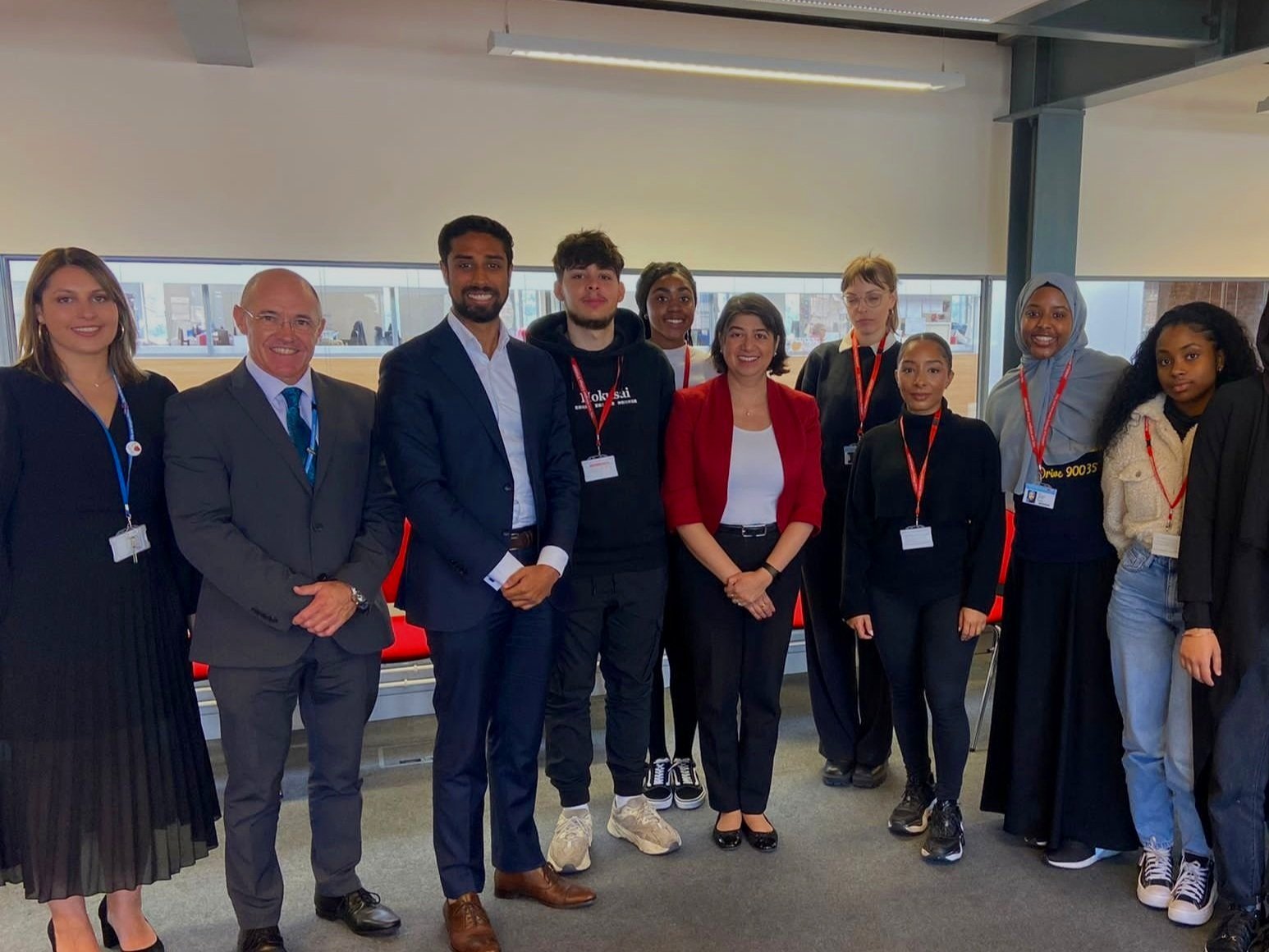
Reforming education & skills
Young people have a raw deal: growing up through economic crises, and now stuck with low pay and insecure work. This lack of opportunity is holding Britain back. We need a Skills Revolution to give every young person the best chance to succeed.
#SkillsRevolution
I want to grow the coalition behind a Skills Revolution.
Together, we can achieve:
-
It’s time to end paying young people less for the same work. If you’re under 23, you shouldn’t be paid a lower minimum wage than your co-workers. This isn’t just about fairness, it’s about building the right foundations; Britain needs young people to invest in new skills, and retrain over the course of their lives. That won’t happen if they're not being paid a fair wage.
Trade unions have long made the case for change. We will work with them, employers, and policymakers to show how this is an investment in a brighter future for young people.
-
Well-paying and high-skill jobs increasingly require digital skills, and a basic understanding of coding can open doors. Not everyone is going to become a computer scientist, but today it’s a postcode lottery as to whether young people even have the chance to learn the basics and discover whether a digital career is for them. A fair and prosperous Britain needs high-quality computer science education in every school - not just the lucky few.
-
Tackling the climate crisis isn’t just a necessity, it will also help create the skilled and well-paid jobs of the future. Schools need to not just explain the science but also show students what practical skills they need in a green economy, such as introducing apprenticeships for installing zero-carbon heating or explaining how studying chemistry can help create new batteries for renewable energy.
The race to cut greenhouse gas emissions will shape life and work in Britain. Green skills need to be threaded through the curriculum just like other important topics.
-
Career advice needs a complete shake-up to ensure that every young person is not only aware of what opportunities exist, but how to get there too. Without it, the best opportunities won’t go to the best and brightest - but the best-connected.
That means getting the input of industry, the unions and education providers to signpost job and training opportunities in innovative sectors - during school years and afterwards too.
-
Britain needs to ditch the idea that learning ends at school, making it easier for everyone to gain new skills at every and any stage of their lives. Reforming the Apprenticeship Levy to allow employers to offer a wider set of training is a quick way to get started, especially if companies are incentivised to include options for digital and green skills in particular. More ambitiously, we can work towards a ‘right-to-reskill’ - offering every adult the chance of dedicated support at some point in their career when they need it most.
-
The economy is changing, and those that understand what skills are needed and valued should be speaking to those that both set and deliver policy. But today, this doesn’t happen nearly enough.
A National Skills Taskforce would coordinate action on skills policy, set priorities in digital and green sectors, and where necessary set out the targets to close skills gaps. It would bring together every important stakeholder, including central and local government with companies, unions, education providers, and other key stakeholders.








